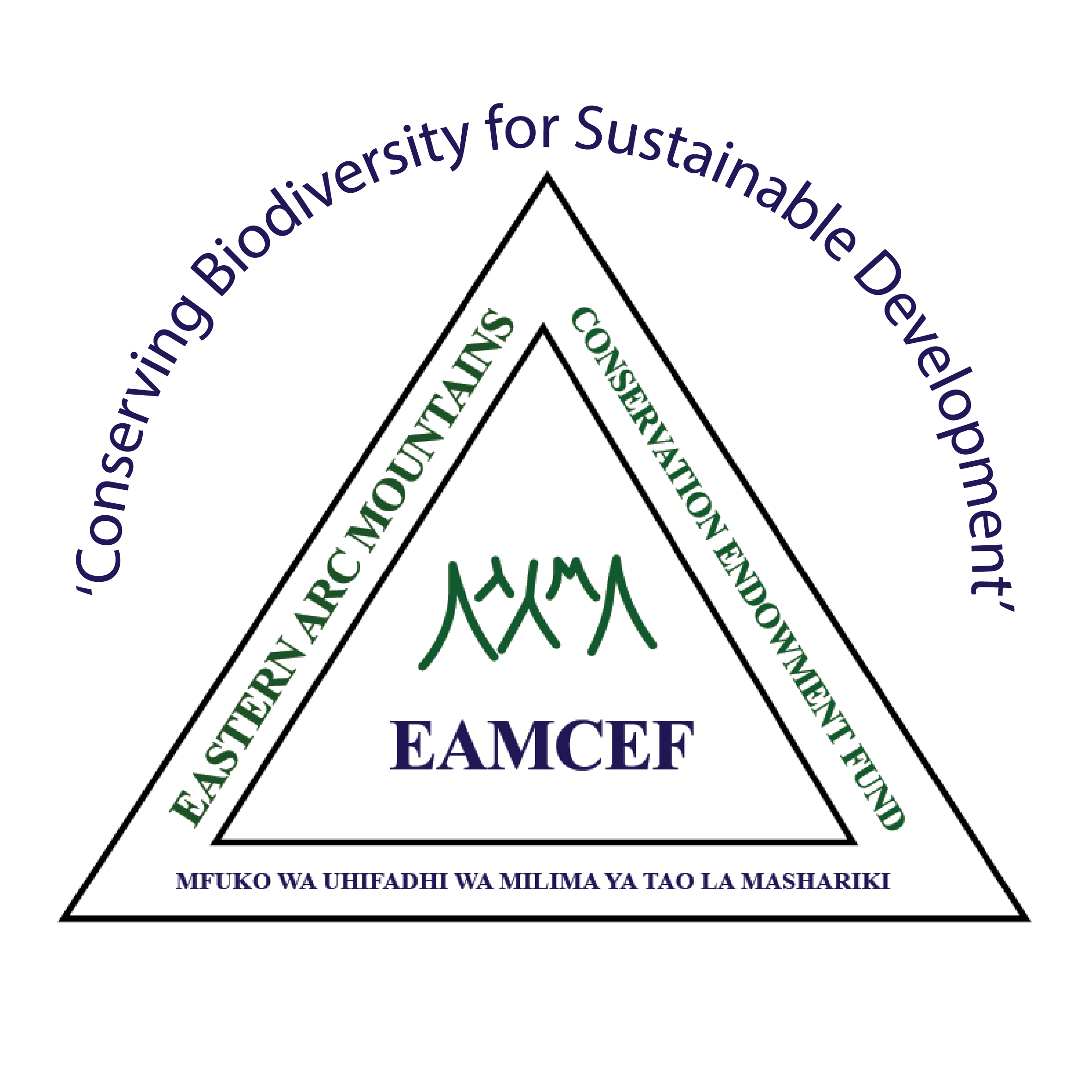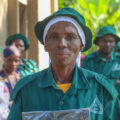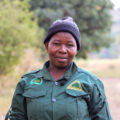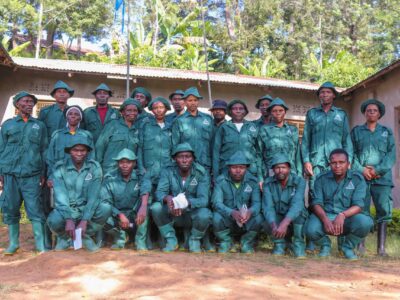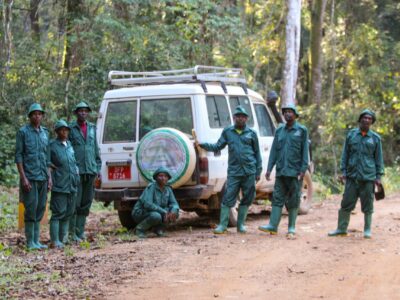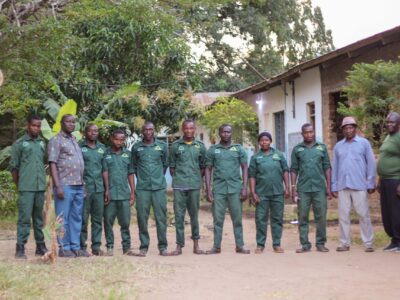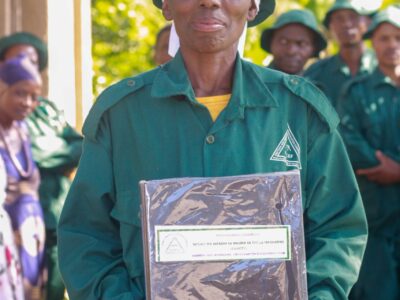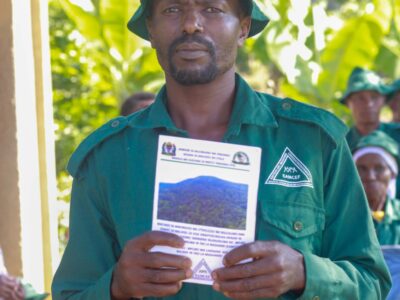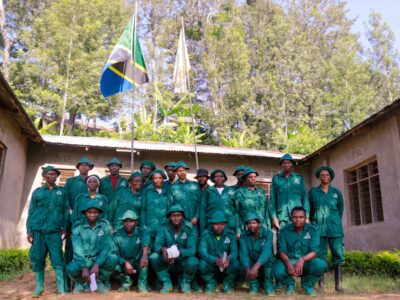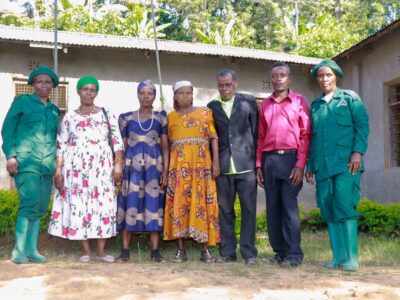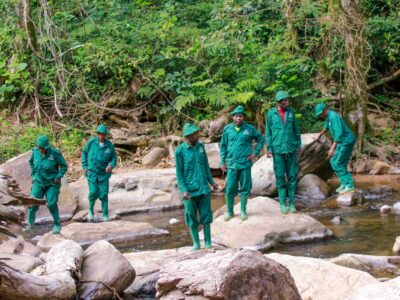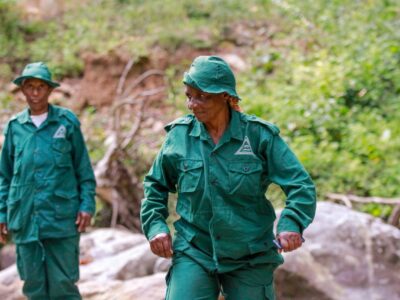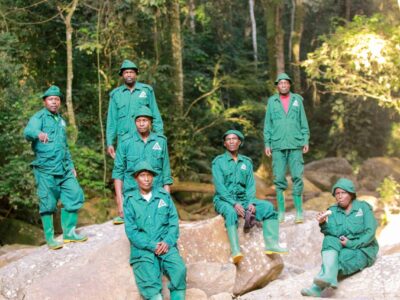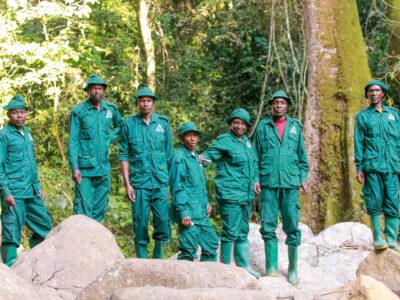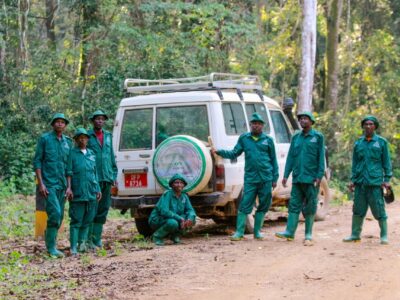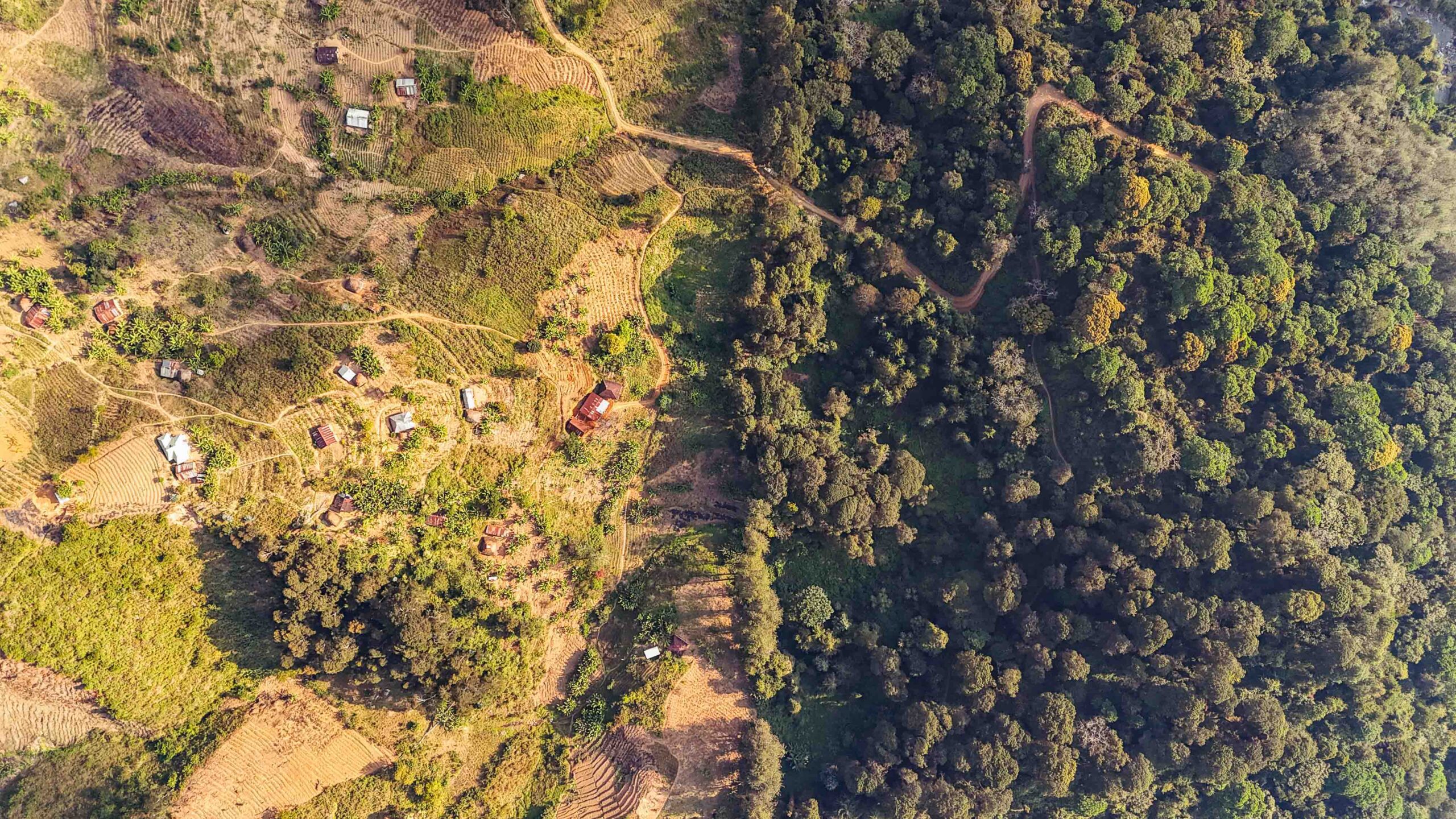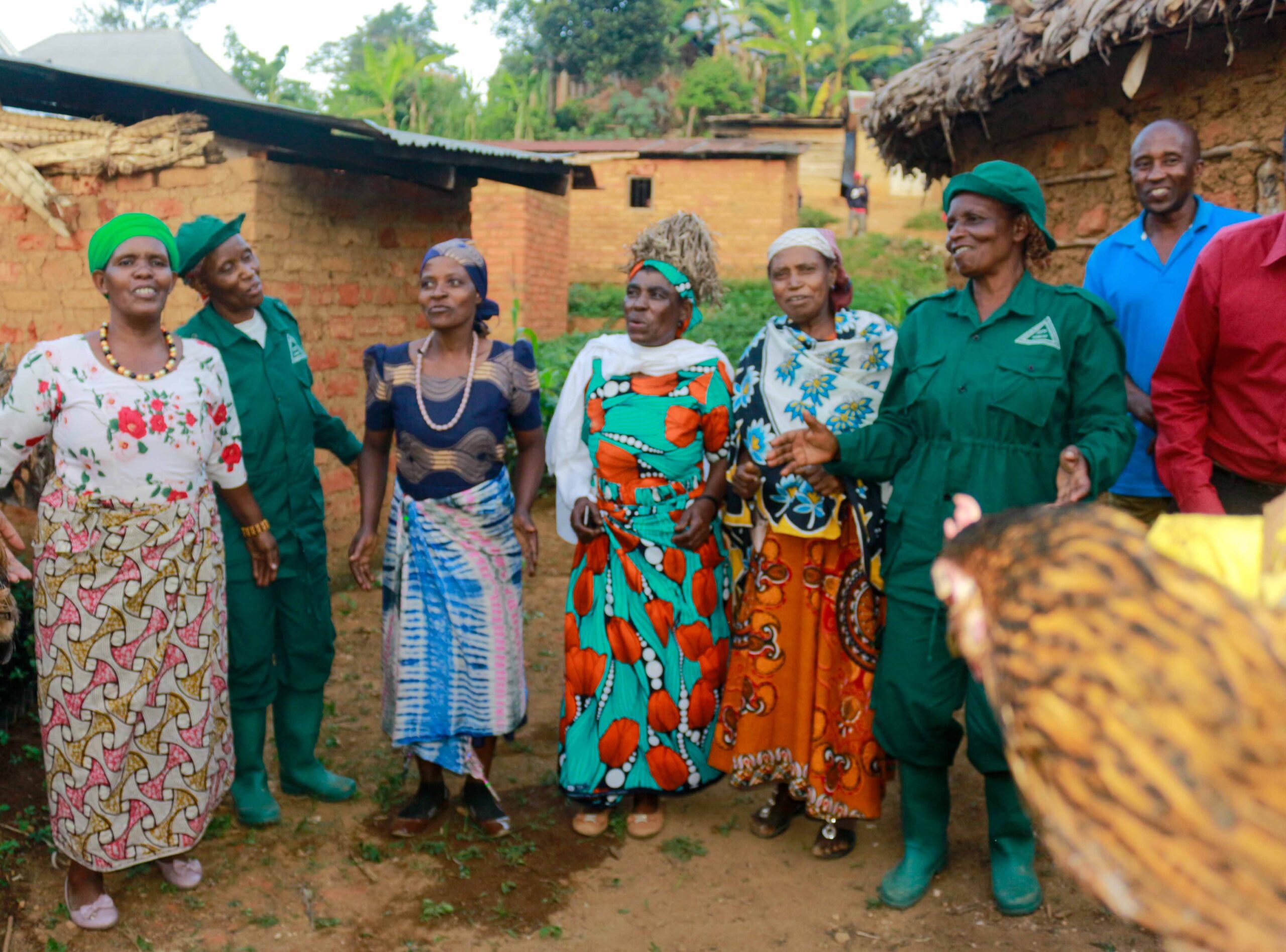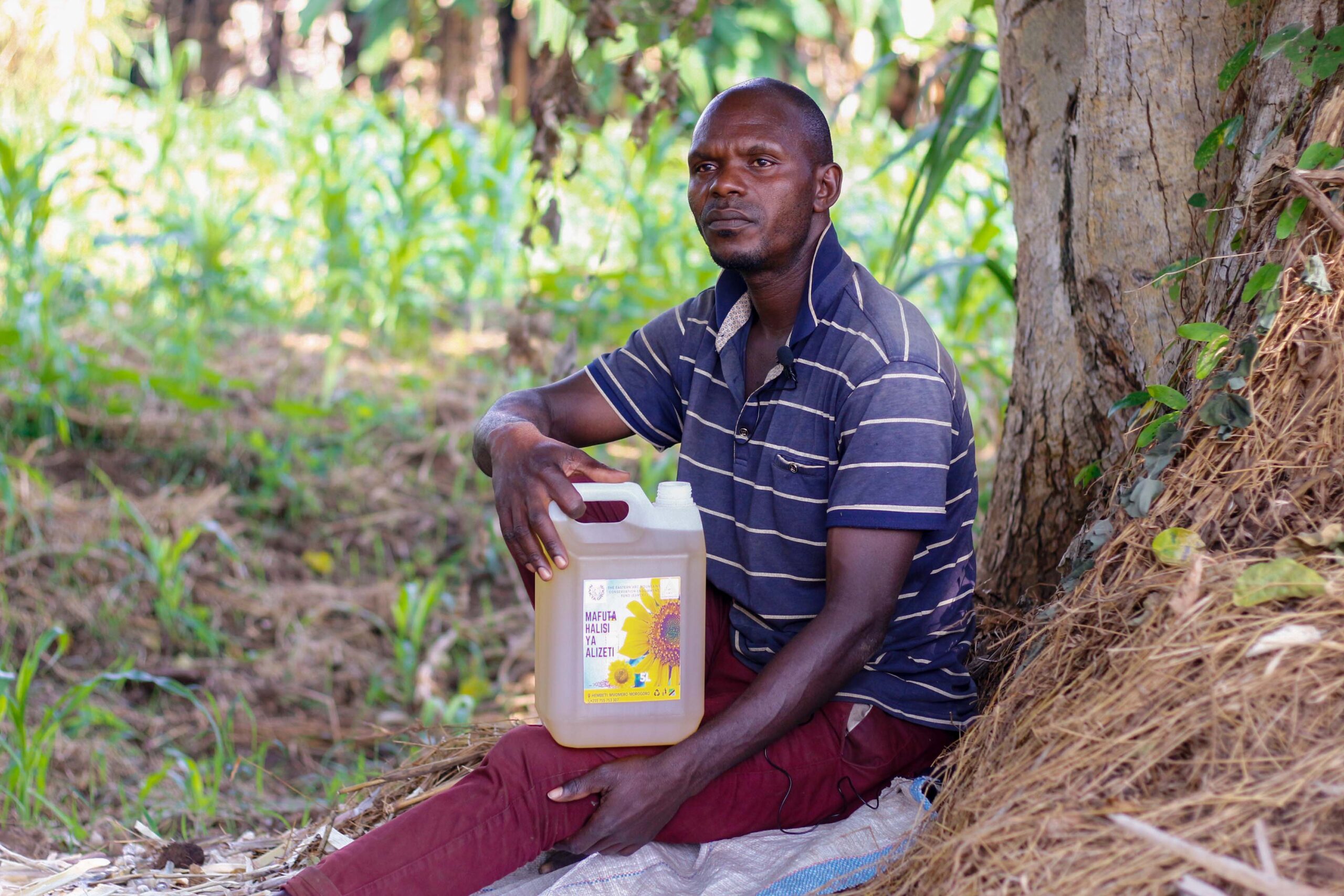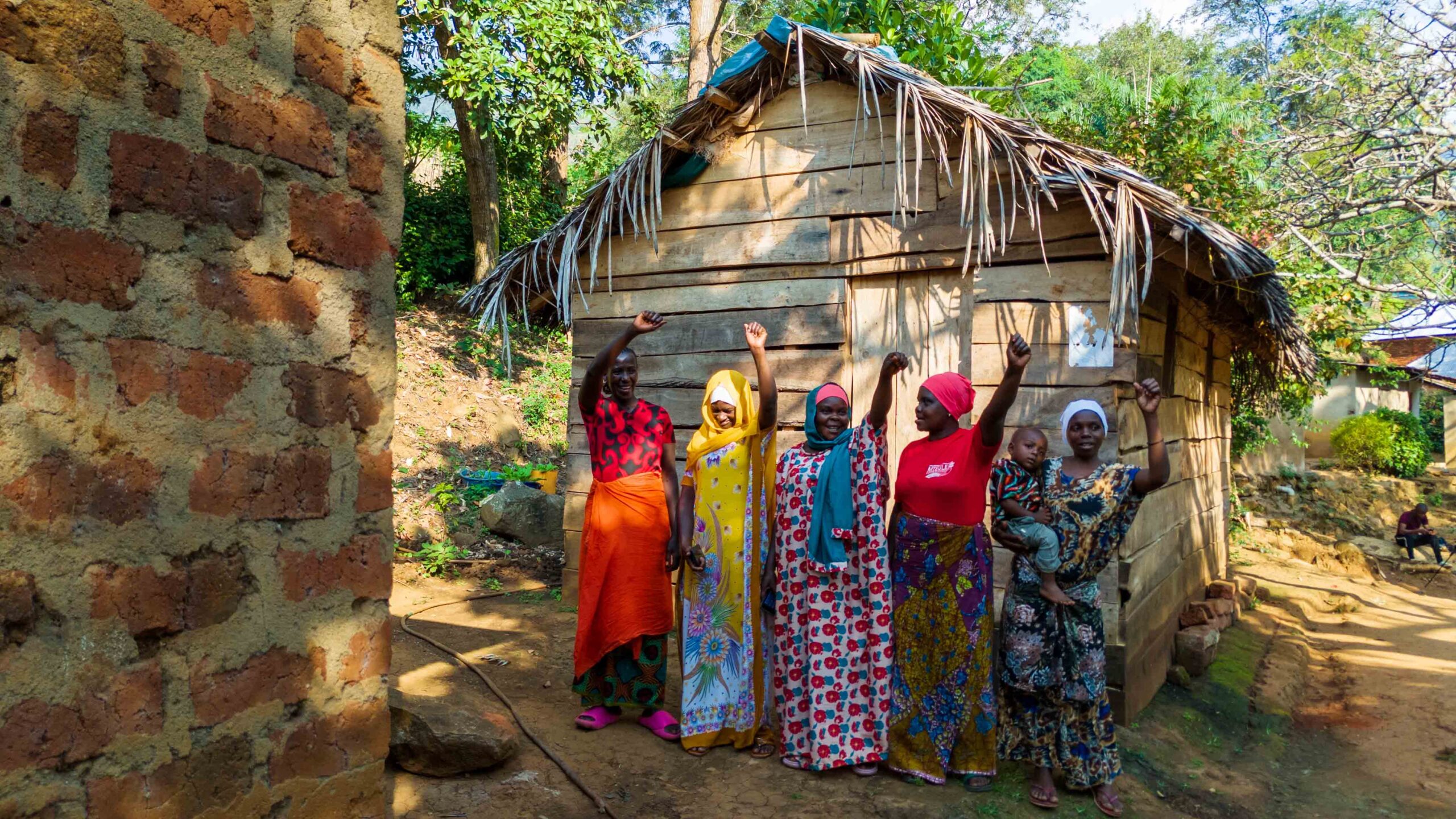Community-led forest conservation in Kwa Doli and Msindo is proving to be a powerful force in protecting the Mkingu and Chome Nature Forest Reserves. These forests are vital to the well-being of local communities, offering clean water, fresh air, and income from eco-tourism. However, increasing threats such as illegal logging and encroachment made it clear that immediate, grassroots action was needed.
To respond, community-led forest conservation in Kwa Doli and Msindo began with the formation of local environmental committees. Initially, these groups—especially female members like Halima M. Mbiki—struggled to gain villagers’ trust. Without uniforms or formal recognition, committee members were often overlooked, and women faced skepticism in a role traditionally seen as male.
EAMCEF stepped in with support that transformed the initiative. Through the provision of uniforms, boots, and professional training, the committees gained legitimacy and strength. Community members could now identify and respect their local guardians of the forest. The result: more effective patrols, better enforcement, and rising community support. Education campaigns led by committee members helped people understand the tangible benefits of conservation, such as access to clean water and eco-tourism opportunities.
Women like Halima are now seen as leaders in community-led forest conservation in Kwa Doli and Msindo, inspiring others to join the movement. Today, the Mkingu and Chome reserves stand as models of how empowered communities can protect natural resources. With EAMCEF’s help, over 15 villages have established similar committees, proving that community-led forest conservation in Kwa Doli and Msindo is not just effective—it’s a model for long-term environmental stewardship.
